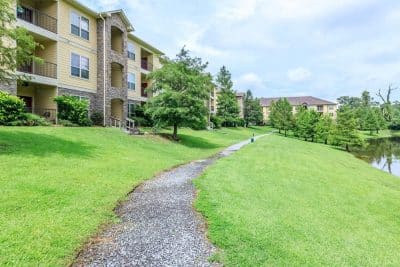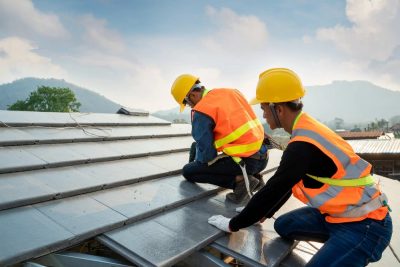If you love spending time outdoors, purchasing recreational land could be the perfect investment for your lifestyle. However, there are many factors to consider when searching for the perfect plot of land for outdoor recreation. In this article, we’ll review some important items to consider before making your final decision on recreational land.
1. Consider Your Needs
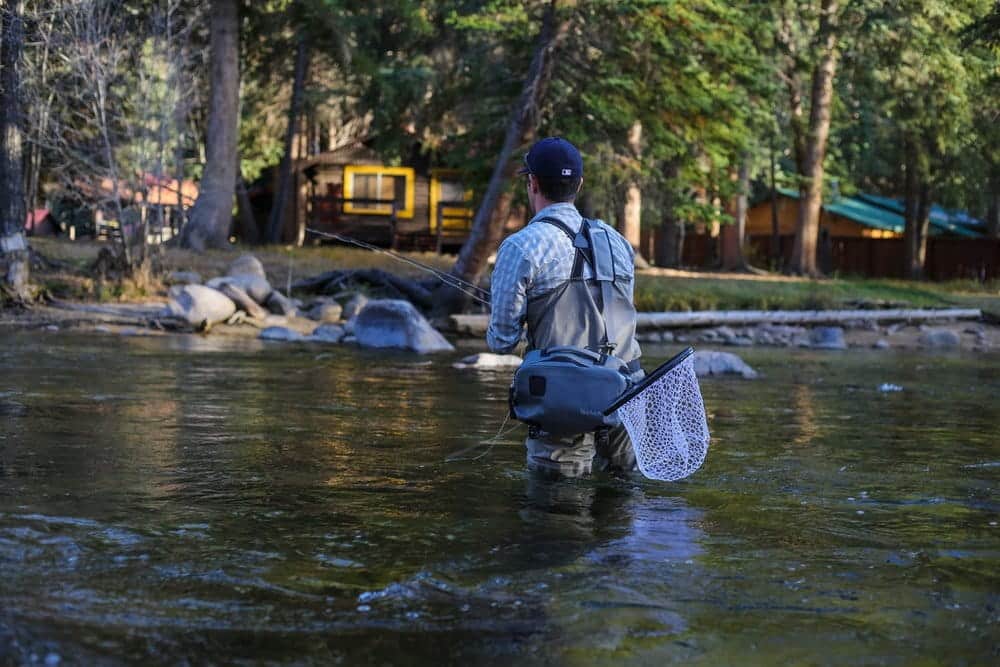
Of course, the primary item to keep in mind in your search is how you intend to use the land. This will allow you to select land that suits all of your needs. For example, hunting land will require the space and the biome suitable for the game you’re looking to hunt.
Fishing land will require bodies of water that may need to be stocked if game fish are not already present. This is an additional cost to consider in your investment as well. Hiking and camping land will focus on ease of access and nature to enjoy. If you want your land to serve as an investment, other characteristics become much more important.
2. Location
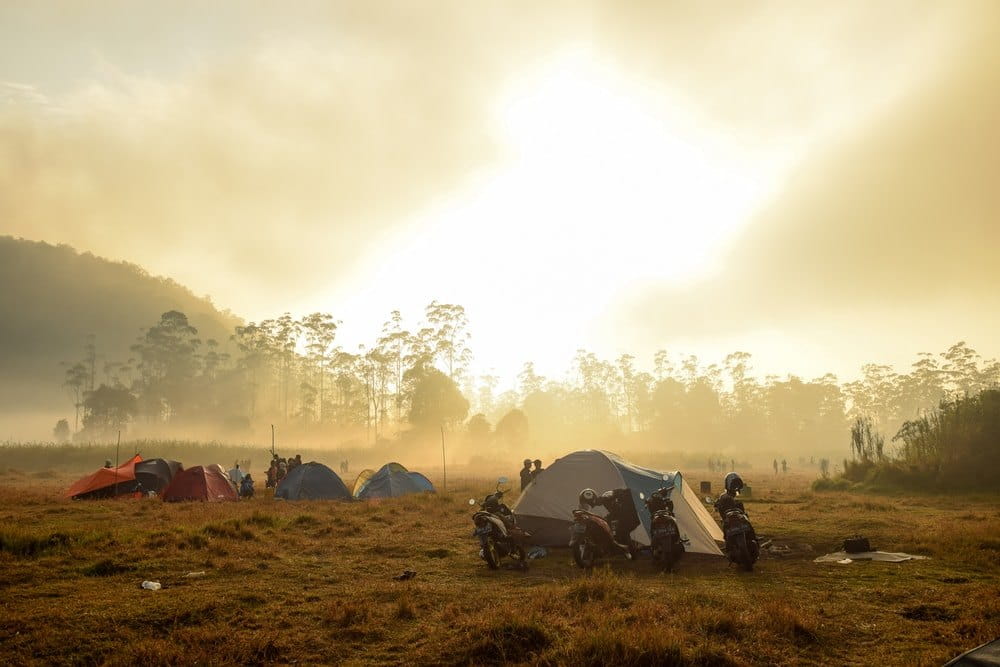
No matter how remote your land might be, you’ll still have neighbors. Talk with those prospective neighbors to find out how they use and care for their property. If they have ongoing conservation efforts you may be able to contribute to those efforts on your land. How they use their land can also have an impact on how well you can use your land for your intended purpose.
Additionally, some uses for recreational land are seasonal or climate-dependent. Be careful to choose land in a climate that will suit your use of the land. Lastly, make sure that you are aware of the state laws as well local ordinances that may impact how you can use your land.
Access
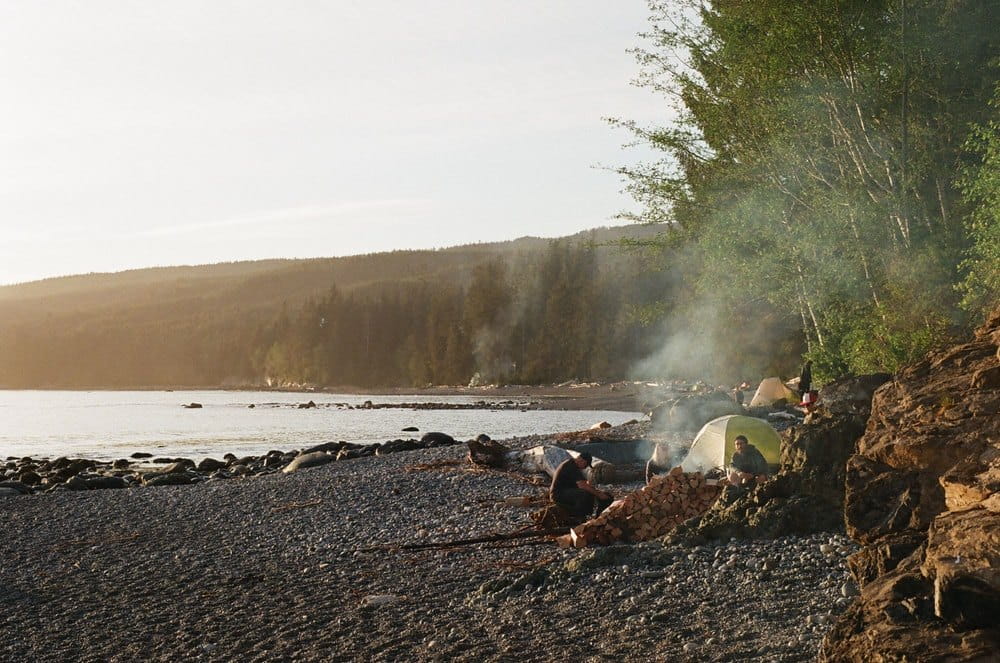
When considering the land’s location, you should also take into account the ease of access, and the commute required to reach the land. If you must travel a long distance from your home to access your land, the time commitment to use your land will be much greater, making the overall investment less valuable if you cannot use your land often. Conversely, land in close proximity to your main residence may not be novel or desirable enough to be worth purchasing and venturing to.
Additionally, if your land does not have access roads on it, you may have difficulty using it to its full potential. While roads can be added, having these vital arteries from the start can make using your land much more enjoyable. Additionally, adding roads to your land is another budget item that will need to be considered.
Sometimes, land doesn’t come with direct legal access; you may have to rely on an easement. It’s important to make sure you are fully aware of the access situation before you purchase the land.
3. Finances
Your budget will greatly determine the quality and acreage of land that you can afford. This will also vary based on location, as land near populated areas will often be more costly than land in more remote locations. This will require some evaluation of your values to determine whether you want to invest lengthy travel time into remote land, or additional funds into nearby land.
You should assess your finances to determine what you can afford, and then allow that number to inform the rest of your decision-making process. If you’re unsure, consider consulting financial advisors and lenders for guidance. A lender will help you to determine what loan amount you can afford, while a financial advisor can offer advice based on your unique conditions and goals.
Purchasing recreational land is a big investment, and your financial situation will determine whether the land is a wise investment that will serve you well long-term.
4. Consider Your Long-Term Plans
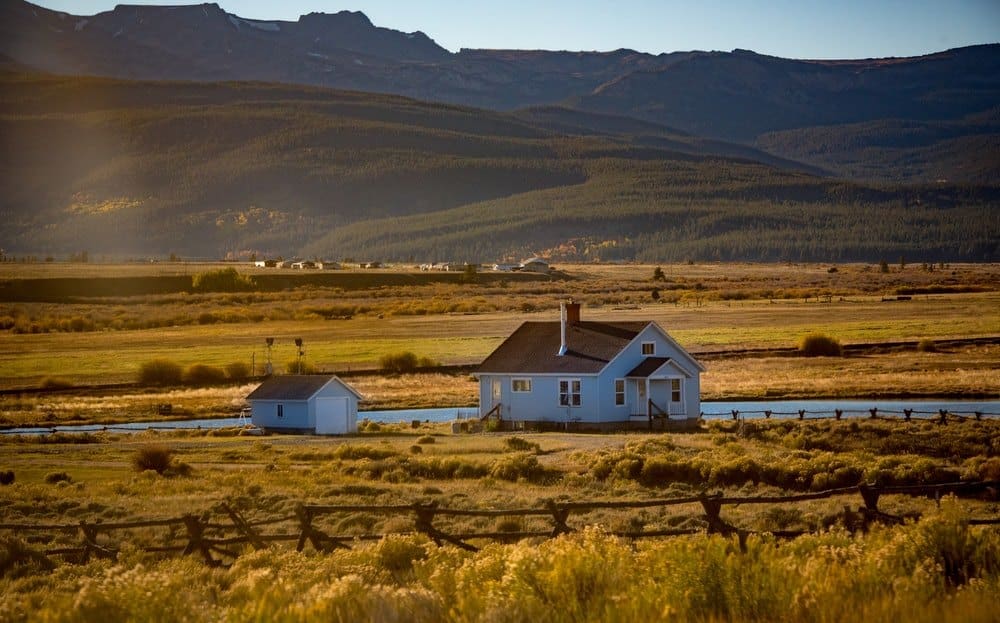
Long-term plans can greatly impact your land choices. While your short-term situation may be relatively simple to break down, your long-term plans for the land can be much more challenging to analyze and define.
If you plan to build a home on the land in the future, you’ll need to ensure the site is suitable for construction. Accessibility for trucks is a prime consideration for construction, as is the availability of utilities. Electric hookups are desired and often required for residences. Water and sewer are not required and can be substituted with a septic tank and well if the land is suitable for it. Some land may simply not be suitable to build on if it has poor drainage or contains protected biomes like marshlands.
5. How Will You Buy the Land?
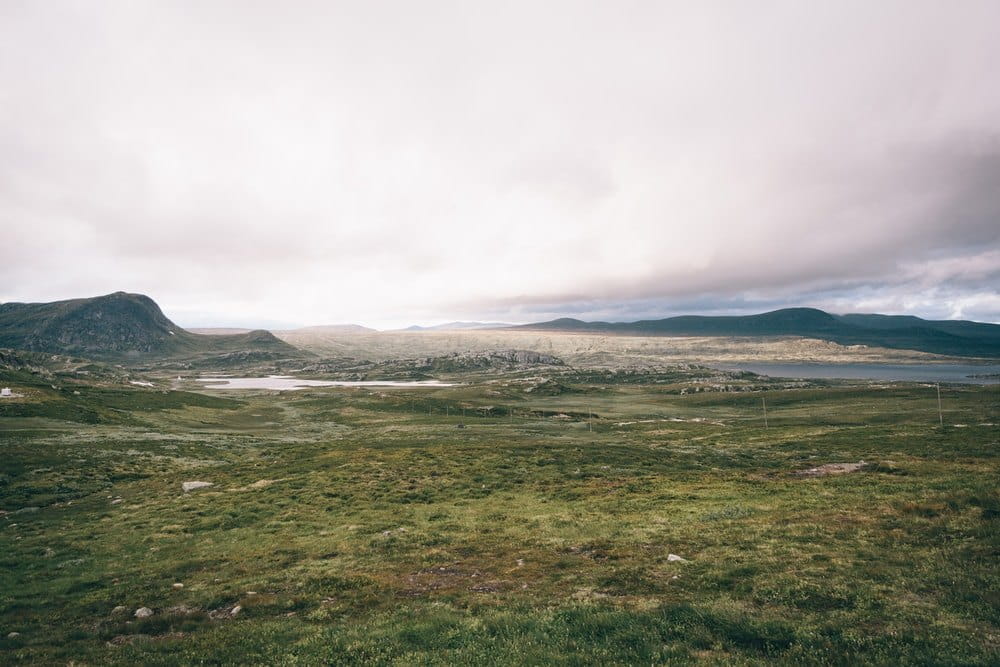
Traditional real estate agents likely don’t have the experience required to facilitate a recreational land purchase. Specialized land brokers will have more experience and can use that expertise to aid you in buying land. Do some research to find reputable land brokers in your area that can aid you in your land purchase.






